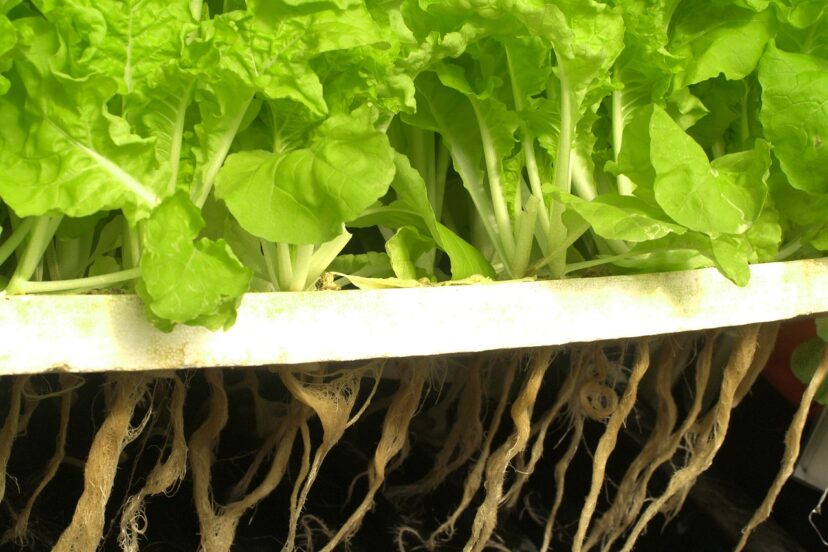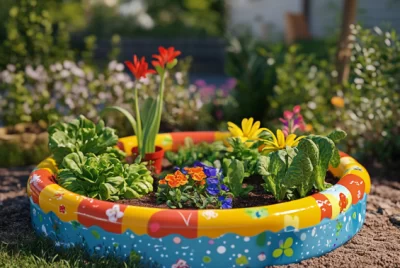Hydroponic Fertilizer: Maximizing Plant Nutrition for Superior Growth
Introduction
Hydroponics, the practice of growing plants without soil, has gained significant popularity due to its numerous benefits. As an avid enthusiast and advisor in the field of hydroponics, I am excited to discuss how the proper hydroponic fertilizer can enhance your results. These specialized fertilizers play a vital role in ensuring optimal plant nutrition and growth in hydroponic systems. In this article, we will explore the benefits and challenges associated with hydroponic fertilizers, providing you with helpful suggestions and reasons behind them.
Understanding Hydroponic Fertilizer
Hydroponic fertilizer or hydroponic nutrients is a nutrient-rich solution designed specifically for plants grown in hydroponic systems. Unlike traditional soil-based cultivation, where plants can access nutrients from the soil, hydroponic plants rely solely on the nutrient solution provided to them. Hydroponic fertilizers are carefully formulated to supply the necessary macronutrients (such as nitrogen, phosphorus, and potassium) and micronutrients (like iron, zinc, and magnesium) required by plants to thrive.
Types of Hydroponic Fertilizers
There are several types of hydroponic fertilizers available in the market. Liquid fertilizers, commonly used in hydroponics, are highly soluble and allow for easy nutrient absorption by plants. Powdered fertilizers, on the other hand, offer convenience and long shelf life. Organic fertilizers, derived from natural sources, provide an environmentally friendly option for those seeking sustainable cultivation practices.
Benefits of Hydroponic Fertilizer
Using hydroponic fertilizer offers a range of benefits for plant growth and development. Firstly, hydroponic systems allow for increased nutrient uptake, as the plants have direct access to the nutrient-rich solution. This leads to accelerated growth rates and higher yields compared to traditional soil-based cultivation. Additionally, hydroponic fertilizers offer the advantage of customizable nutrient ratios, enabling growers to tailor the solution to specific plant requirements.
Challenges in Using Hydroponic Fertilizers
While hydroponic fertilizers offer numerous benefits, they also present challenges that need to be addressed. One of the key challenges is maintaining the delicate balance of nutrients within the hydroponic system. Nutrient imbalances can lead to stunted growth, nutrient deficiencies, or even toxicities. Furthermore, the cost of hydroponic fertilizers should be taken into consideration, as they can be more expensive compared to traditional fertilizers.
Tips for Choosing the Right Hydroponic Fertilizer
To ensure the success of your hydroponic venture, it is crucial to choose the right hydroponic fertilizer. Pay attention to the nutrient ratios and composition, as different plants have varying nutrient requirements. pH compatibility is another important factor, as the nutrient solution’s pH level affects nutrient availability to the plants. Opt for fertilizers that have good solubility and are easy to use, making the process more efficient and hassle-free.
Applying Hydroponic Fertilizer
Proper application of hydroponic fertilizer is essential for optimal plant growth. Always follow the manufacturer’s instructions regarding the mixing ratios and application frequency. It is crucial to regularly monitor nutrient levels in the system and make adjustments as needed. Testing the pH of the nutrient solution and maintaining it within the appropriate range is equally important for ensuring nutrient uptake by plants.
Common Mistakes to Avoid
To avoid potential problems, there are a few common mistakes that should be avoided when using hydroponic fertilizers. Overfertilization can lead to nutrient imbalances, root burn, and overall plant stress. Neglecting pH levels can interfere with nutrient absorption and result in nutrient deficiencies. Additionally, using incompatible types of fertilizers or mixing them incorrectly can lead to precipitation and clogging of the system.
Troubleshooting Nutrient-related Issues
In hydroponics, nutrient deficiencies and toxicities can occur if the nutrient solution is not properly balanced. It is essential to identify and address these issues promptly. Familiarize yourself with the symptoms of nutrient deficiencies and toxicities, such as yellowing leaves or leaf discoloration, and take corrective measures accordingly. Adjusting the nutrient solution’s composition or concentration can help restore proper nutrient levels and support healthy plant growth.
Sustainable Hydroponic Fertilizer Practices
As the demand for sustainable agriculture grows, it is important to adopt eco-friendly practices in hydroponics as well. Recycling and reusing nutrient solutions can minimize waste and reduce environmental impact. Additionally, choosing organic and environmentally friendly hydroponic fertilizers can contribute to a more sustainable approach to plant cultivation.
Conclusion
Hydroponic fertilizer is an indispensable component of successful hydroponic cultivation. By providing plants with the necessary nutrients in a readily available form, hydroponic fertilizers promote robust growth and high yields. However, maintaining proper nutrient balance and addressing potential challenges are essential for achieving optimal results. By selecting the right hydroponic fertilizer, applying it correctly, and troubleshooting nutrient-related issues, you can unlock the full potential of your hydroponic system and enjoy bountiful harvests.
FAQs (Frequently Asked Questions)
1. Can I use regular fertilizers in a hydroponic system?
Using regular fertilizers designed for soil-based cultivation is not recommended in hydroponic systems. Hydroponic fertilizers are specifically formulated to provide the necessary nutrients in a soluble form for direct plant uptake.
2. How often should I apply hydroponic fertilizer?
The frequency of applying hydroponic fertilizer depends on the specific requirements of the plants being grown and the nutrient solution’s composition. Follow the manufacturer’s instructions and monitor the nutrient levels regularly to determine the appropriate application frequency.
3. What are the signs of nutrient deficiencies in hydroponic plants?
Nutrient deficiencies can manifest in various ways, such as yellowing or browning of leaves, stunted growth, or leaf discoloration. Familiarize yourself with the specific symptoms associated with different nutrient deficiencies to address them promptly.
4. Can I reuse hydroponic nutrient solutions?
Yes, it is possible to reuse hydroponic nutrient solutions. However, it is essential to monitor the nutrient levels and adjust them as needed to maintain optimal nutrient balance. Regularly test the pH and adjust it accordingly before reusing the nutrient solution.
5. Are organic hydroponic fertilizers effective?
Organic hydroponic fertilizers can be effective in providing the necessary nutrients for plant growth. However, it is important to ensure that they are formulated specifically for hydroponic systems and meet the nutritional requirements of the plants being grown.




